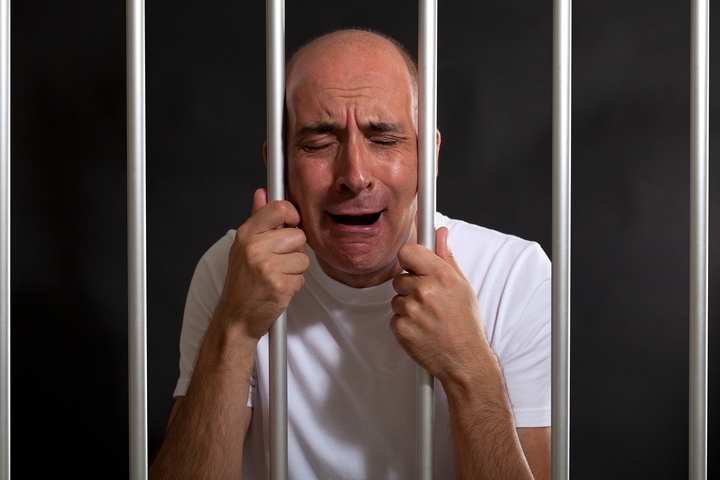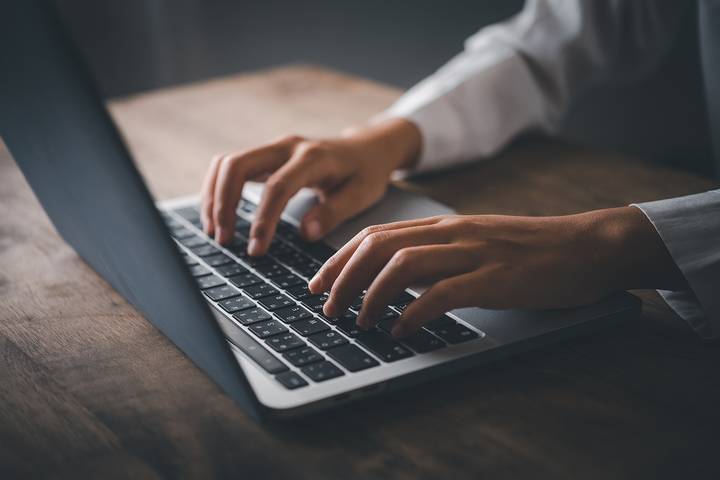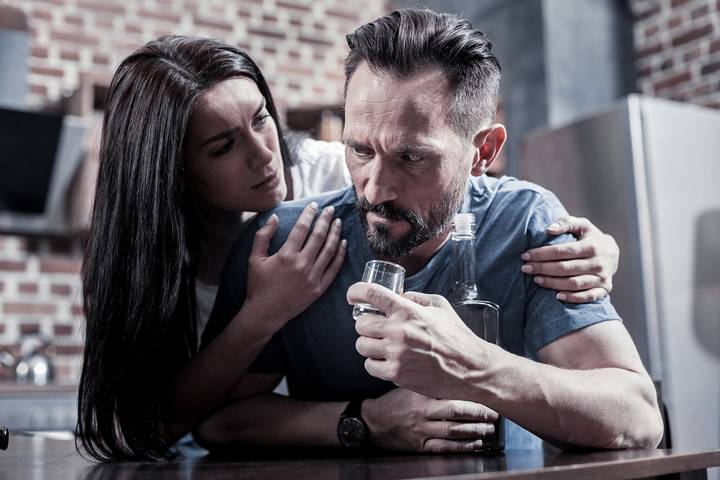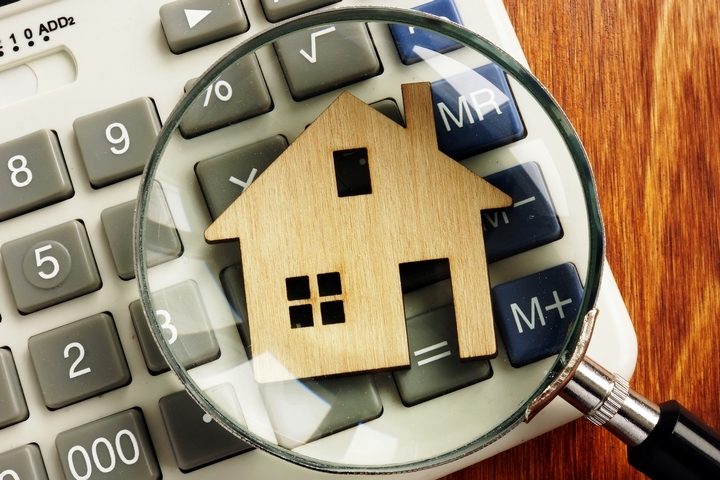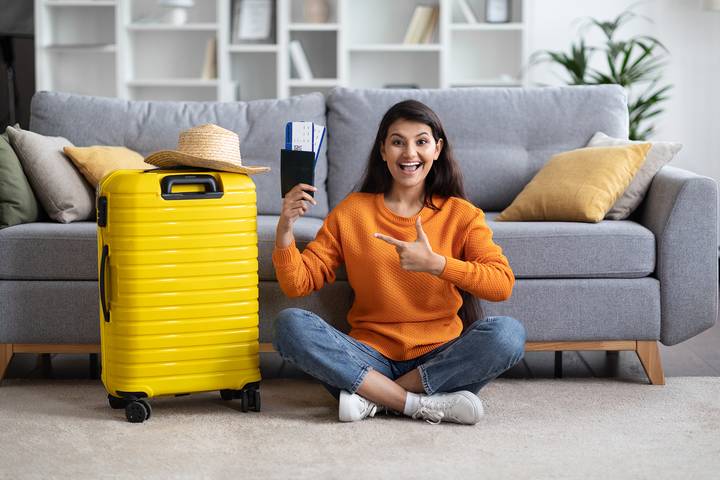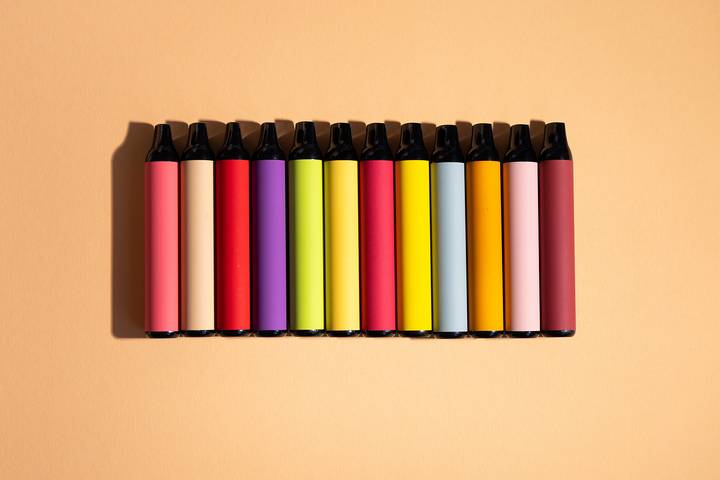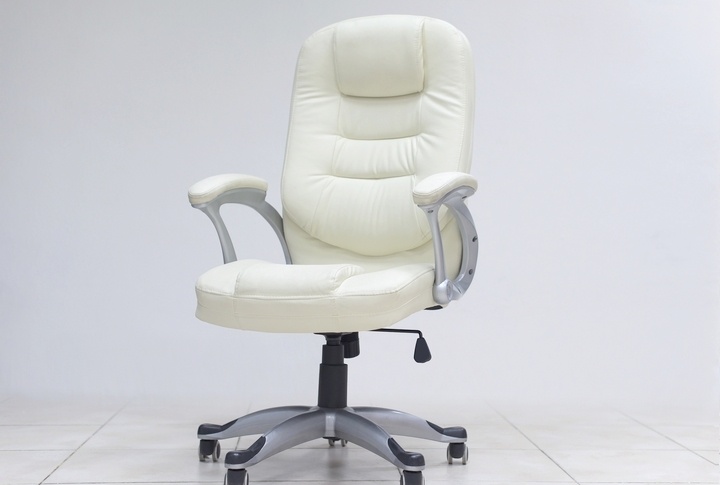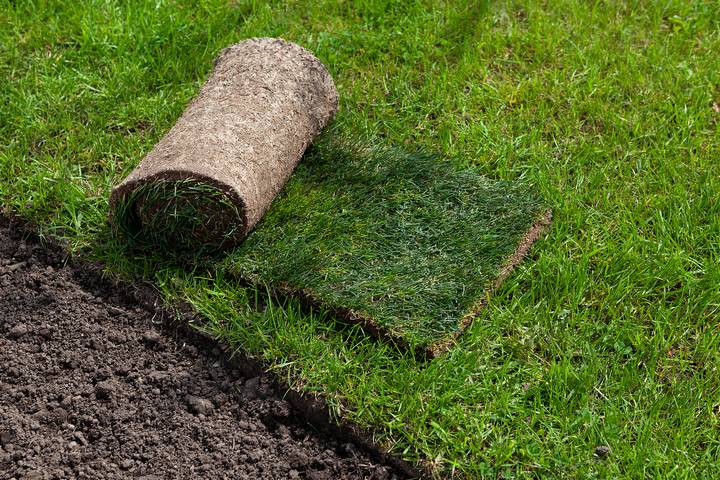How to Prepare for Massage Therapy
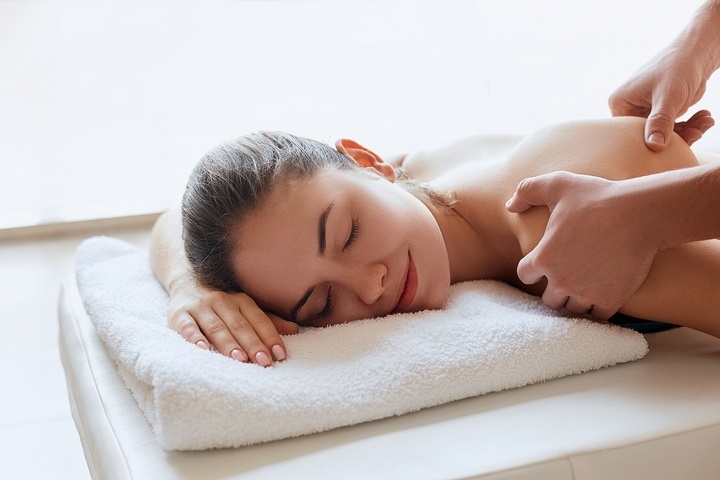
After a long work week filled with customer complaints, sitting hunched over your desk, and muscle aches before bed, there is nothing quite like a massage to forget the week’s stress. A massage from your therapist is meant to heal by reducing anxiety, releasing muscle tension, relieving pain, and promoting scar tissue degradation from the previous injury.
Despite the numerous benefits of massage therapy, lying on their table at the mercy of their hands can be a nerve-wracking experience. Few therapies are as up close and personal as massage therapy. Preparing as much as possible can help you understand the process and ease your anxiety beforehand.
A one-hour massage session at a physiotherapy clinic Toronto will be over in a blink of an eye. Maximizing your experience within your session can help you reap greater benefits for longer periods. Whether this is your first or your hundredth time attending a massage therapy session, there are ways to elevate your experience.
Let’s learn how to prepare for massage therapy.
1. Stay hydrated
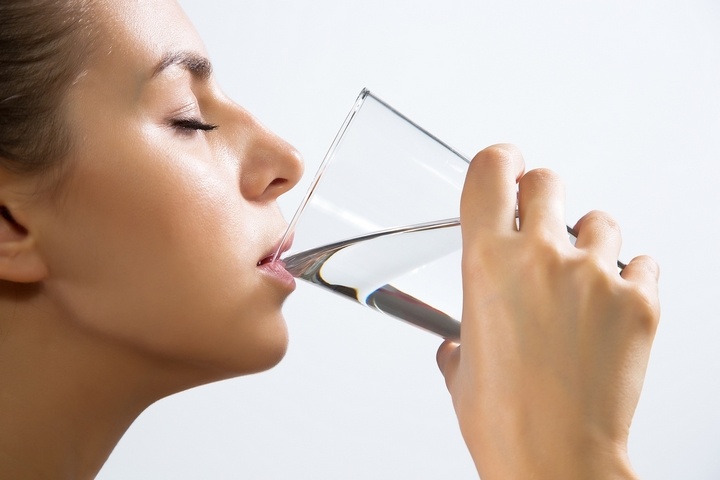
Staying hydrated during your massage session is extremely important to enable the elimination of toxins that are released into your body during your treatment. Water and herbal teas are the most highly recommended methods of hydration.
We suggest avoiding regular tea, coffee, or alcohol. Make sure to hydrate before and after your appointment to continue to flush the released toxins out of your body.
2. Eat lightly

It is also best to avoid getting stuffed right before a massage, as these sessions often stimulate digestion. It is also uncomfortable when your stomach is full, and the therapist is pressing on your muscles and organs. The best action is to eat lightly before the massage and have a complete meal a couple of hours prior.
3. Take a hot shower
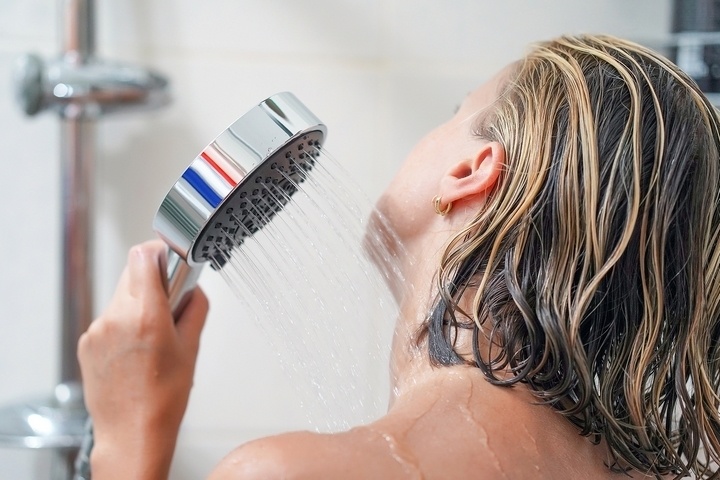
To ensure you have the most relaxing and beneficial experience possible, it is a good idea to prepare yourself before the massage even begins. A long, hot shower is the best way to relax and prepare. A warm shower can relax your mind and muscles, allowing you to loosen up for the deepest massage possible.
It also mitigates your anxiety about being in a confined space with a massage therapist who is up close and personal.
4. Wear comfortable clothing

After your warm shower, it would be a good idea to hop into some loose, comfortable clothing. For one, this begins your relaxation process, and it will be easier to meander when asked to undress (which is completely normal). Shoes are no exception!
Avoid high heels and constricting sneakers, and opt for a looser pair of sneakers or sandals. Your body will also thank you after the massage as your tender, and loose muscles will not have to squeeze into a pair of skinny jeans.
5. Arrive in advance

Arriving in advance gives you the proper time to fill out any questionnaires that may be needed, be walked through the process, and undress to start your massage on time. This also gives you the time to listen to your body: do you need to go to the bathroom? Do you need a drink of water?
If you race into your appointment with sweat dripping from your brow and a pumping heart, you likely will have difficulty relaxing during the massage.
6. Work out before, not after
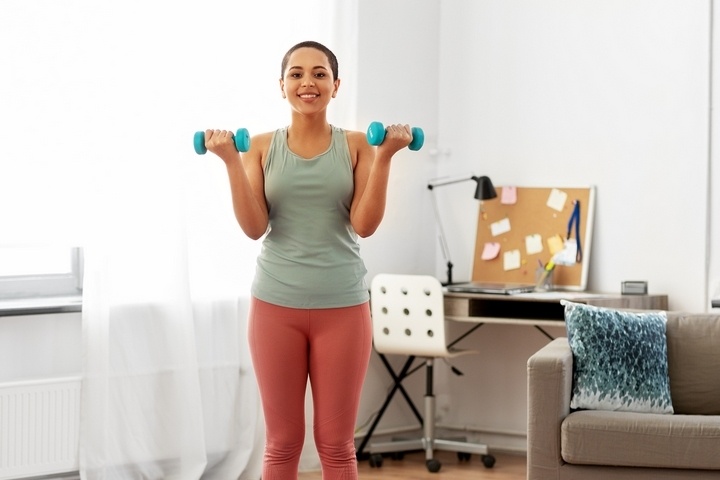
When you finish your massage, your muscles are relaxed. During a workout, they are pumped and ready to go. Your post-massage loose and limber muscles will likely result in an ineffective workout if you were to go after your massage session.
You likely strain your muscles as if they were just relaxed or too tired to complete it. Just like after a workout, your muscles need to recover after a massage. Conversely, if you have a massage appointment after your workout (and consequent shower, of course), your muscles may be relaxingly soothed instead.
7. Be ready to communicate
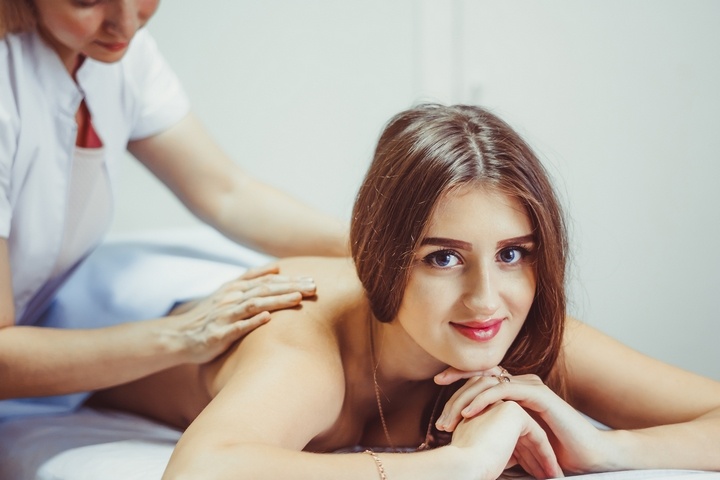
Your massage therapist is there to help you. Knowing your concerns will help your therapist treat what needs to be treated if you have a specific problem area or simply want to relax. Note that when undressing, they will only ask you to undress to your comfort level. If they ask otherwise, communicate that it is out of your comfort zone, and a good massage therapist will honour that.
Your therapist will also likely use a series of oils to help you relax; thus, it is important to communicate any allergies or sensitivities you may have. If something does not feel right or you want them to change their level of force, do not be afraid to voice your concerns. They are here to support you and would appreciate any feedback you might have to improve your experience.



